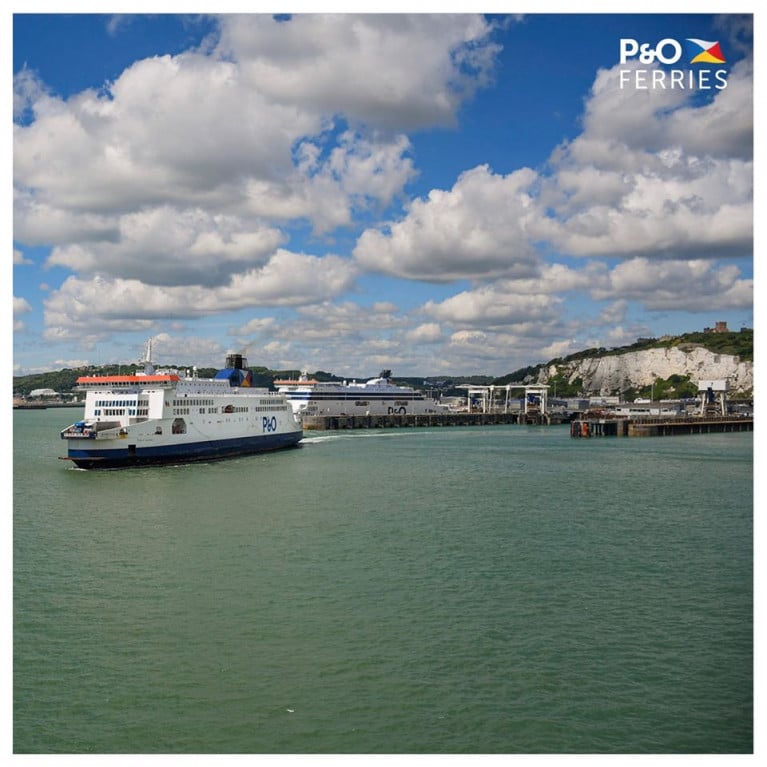Displaying items by tag: CEO Steps Down
P&O Ferries Janette Bell, the Dover based chief executive officer who has just overseen a 1,100 redundancy scheme, is handing the reigns over to short routes managing director David Stretch who will become acting CEO.
Looking back over her three years in charge Ms bell told staff via email, according to KentOnLine.
She said: “It has been a privilege and a great challenge to lead this remarkable company for three years and I feel that now is the right time to hand over the reins to a new chief executive who can work with you to write the next chapter in our story.”
Having led P&O through the Brexit process to date and the Covid-19 pandemic, she has overseen significant transformational change.
The staff communication said this has put the company "in a strong position to thrive again going forward."
Mr Stretch will be at the helm until further notice.
Further reading of the story here.
In March Afloat reported P&O's announcement to furlough 1,100 staff on their key Dover-Calais route as it suspends passenger business – following a huge drop in demand due to the Covid-19 which led to focusing efforts on maintaining freight flows to and from the UK.
In addition to English Channel and North Sea services, P&O Ferries operate the Irish Sea route of Dublin-Liverpool and on the North Channel the Larne-Cairnryan link.
























































